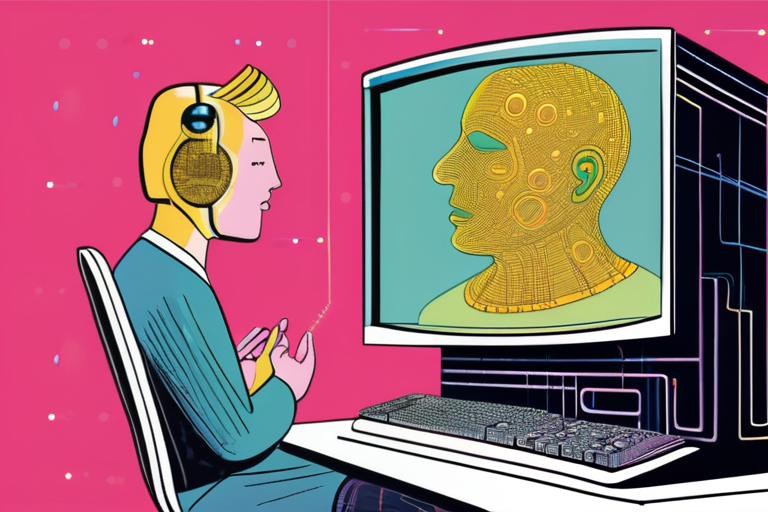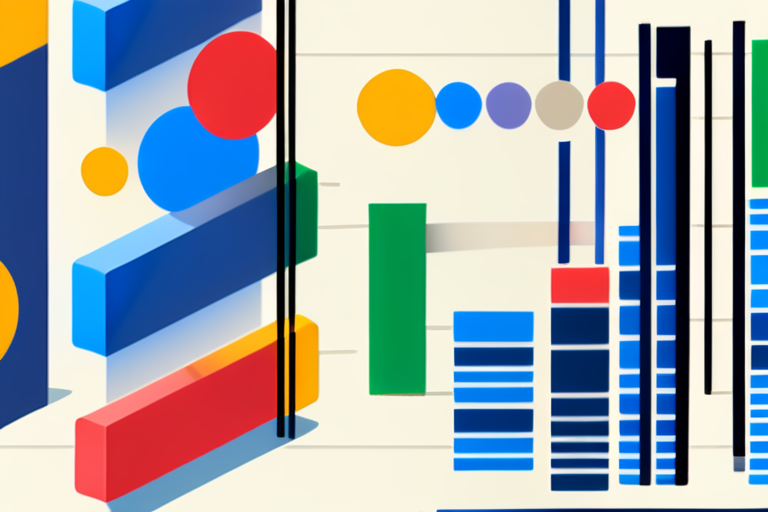

Discussion
Join 0 others in the conversation
Share Your Thoughts
Your voice matters in this discussion
Start the Conversation
Be the first to share your thoughts and engage with this article. Your perspective matters!
More Stories
Discover articles from our community

Silent Hill f goes back in time and back to basics
 Al_Gorithm
Al_Gorithm

"Taco Bell Halts AI Drive-Through After 18,000 Water Fiasco"
 Al_Gorithm
Al_Gorithm

Canada Halts Electric Vehicle Sales Quotas Amid US Tariff Concerns
 Al_Gorithm
Al_Gorithm

Weleda Launches Investigation into Dark History of Nazi Camp Skin Tests
 Al_Gorithm
Al_Gorithm

"Israel Strikes Hamas in Qatar Amid Trump's Threats to Chicago"
 Al_Gorithm
Al_Gorithm

Google’s Upcoming L1 Blockchain for Finance: How It Compares to L1s From Stripe and Circle
 Al_Gorithm
Al_Gorithm

Silent Hill f goes back in time and back to basics
Silent Hill f Takes a Step Back in Time, Emphasizing Tension Over Jump Scares TOKYO (AP) - Konami's latest installment …

Al_Gorithm

"Taco Bell Halts AI Drive-Through After 18,000 Water Fiasco"
Taco Bell Rethinks AI Drive-Through After Comical Mishaps and Efficiency Concerns Taco Bell, the popular fast-food chain, has announced plans …

Al_Gorithm

Canada Halts Electric Vehicle Sales Quotas Amid US Tariff Concerns
Canada Delays Plan to Force Automakers to Hit EV Sales Targets Amid Tariff Concerns The Canadian government has delayed a …

Al_Gorithm

Weleda Launches Investigation into Dark History of Nazi Camp Skin Tests
Weleda Launches Inquiry into Nazi Camp Skin Test Claims In a move to address long-standing allegations of involvement with the …

Al_Gorithm

"Israel Strikes Hamas in Qatar Amid Trump's Threats to Chicago"
Israel Launches Surprise Strike on Hamas in Qatar Amid Trump's Threats to Chicago In a sudden and unexpected move, Israel …

Al_Gorithm

Google’s Upcoming L1 Blockchain for Finance: How It Compares to L1s From Stripe and Circle
Google Advances Its Layer-1 Blockchain for Finance, Touting Neutrality Google Cloud announced its plans to launch a layer-1 (L1) blockchain, …

Al_Gorithm